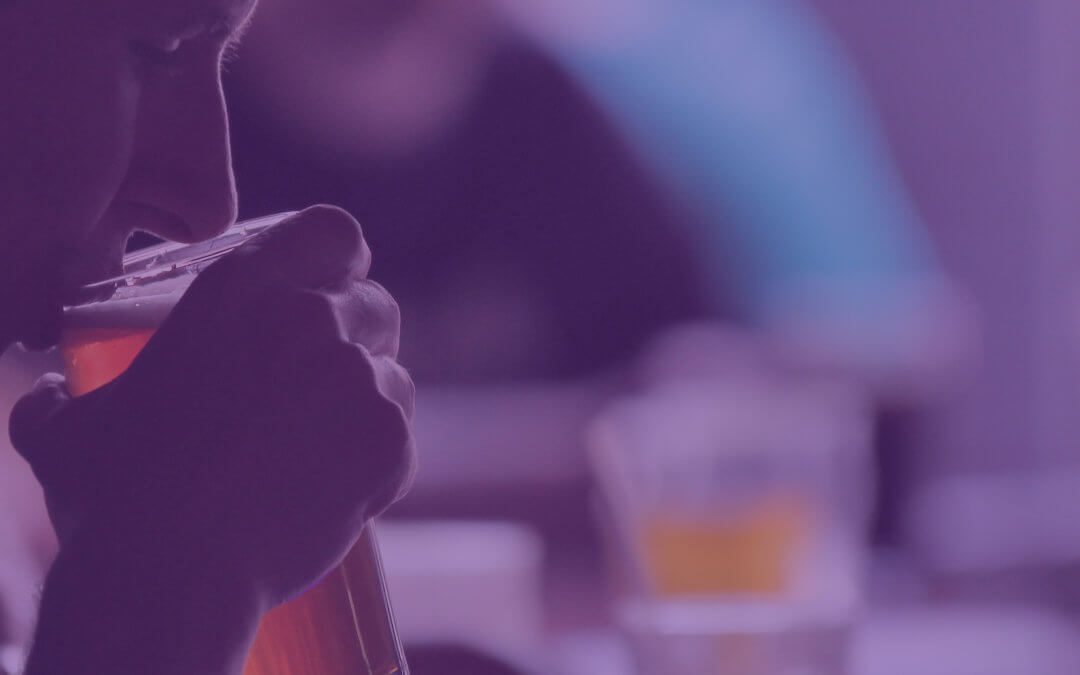We often see cases where a charge of drink driving has arisen where the police suspect someone of driving under the influence at an earlier stage. There may be, a situation where an accident has occurred but there is nobody at the scene when the police arrive. The police will then make enquiries to identify the driver of the vehicle. This may lead them to suspect that you had been driving at the time of the accident.
What powers do the police have?
The police have powers under Section 172 of the Road Traffic Act 1988 to require you to identify the driver of the vehicle at a particular time and date. If such a request is made and you know the answer then you must provide it. Failure to comply with a section 172 request is a criminal offence that carries a mandatory 6 penalty points. If you do not know and could not with reasonable diligence discover who was the driver at the relevant time then you will have a defence to a section 172 charge. We would advise drivers to make every effort to provide the name of the driver when asked to do so as charges under section 172 can be very difficult to defend yourself against.
What should you do next?
We regularly encounter situations where a driver has been involved in an accident, has gone home and consumed alcohol to alleviate the stress caused by the incident. The police may later attend and, having established that the person was driving at the time, will require them to provide a preliminary breath test. Anyone in such a situation would have a defence of post-incident drinking. Such a defence is only available if you provide the preliminary test. Yet again it is imperative that you comply with police requests to provide breath samples both at the preliminary stage and at the police station unless you are physically incapable of doing so based on a genuine medical condition.
We should make it clear that this post is not a guide on how to avoid conviction if you are caught drink driving. We simply cannot provide such advice. This is an educational post aimed at arming you with the knowledge of the law necessary to ensure that you do not deny yourself a defence to a charge of drink driving.
If you would like advice on a specific case please email us on info@roadlaw.co.uk or visit our contact page


Recent Comments